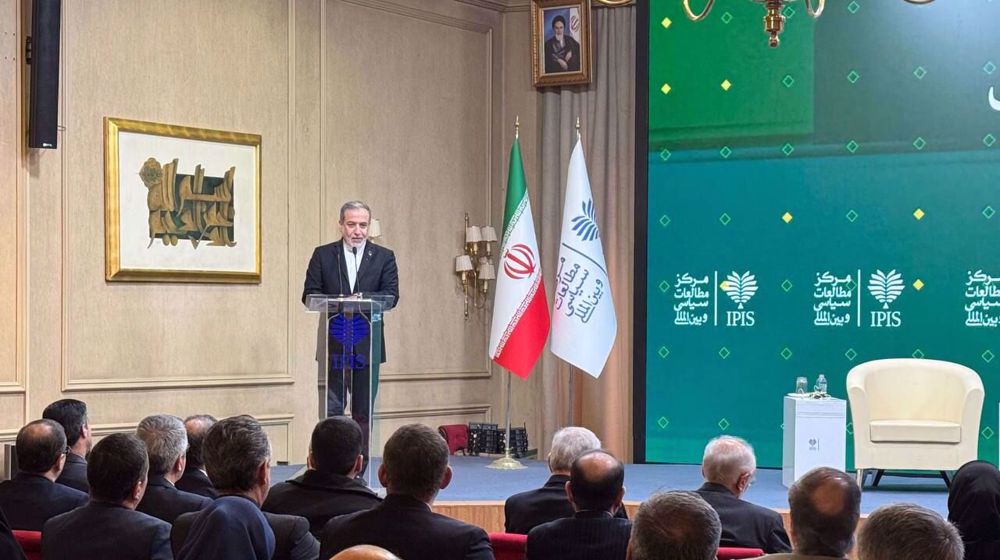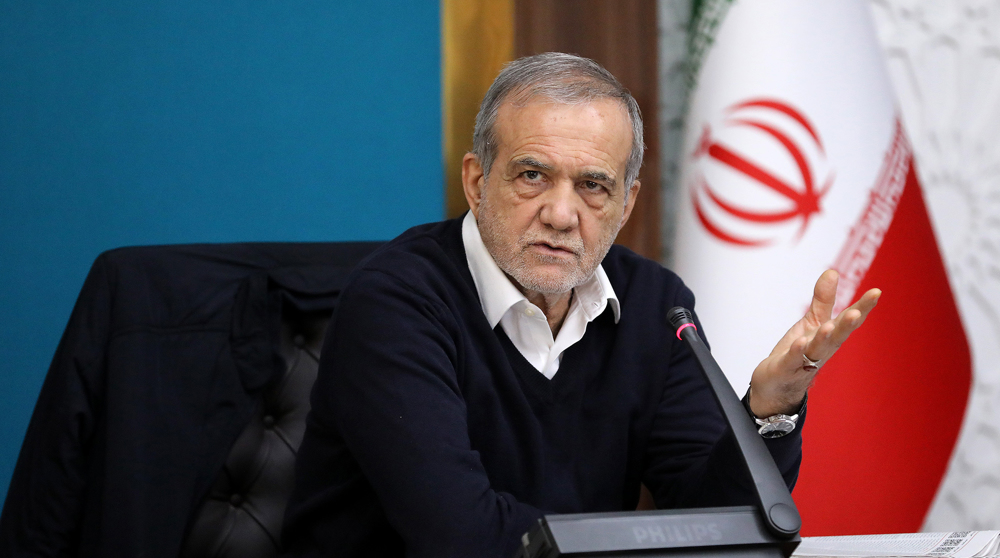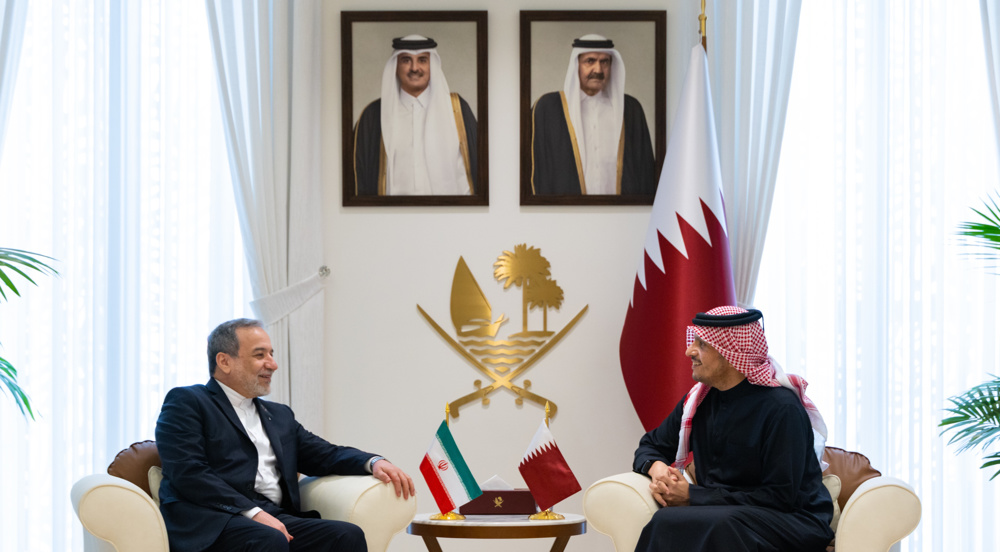In major step, UK reopens Iranian bank account
The United Kingdom has reopened a bank account of the Iranian Embassy in the country, which had been blocked over international sanctions on Iran since 2009, an Iranian official has confirmed, in a major development that is likely to help sustain a multilateral 2015 nuclear deal with the Islamic Republic.
An unnamed official at the Iranian Embassy in London confirmed to ISNA on Thursday that the UK had reopened the diplomatic mission’s bank account after nearly a decade.
The brief report said that the restrictions on the Iranian Embassy’s bank account had been lifted “recently” and that the diplomatic mission was now running its financial affairs via the account.
Iran has been the target of sanctions since shortly after the Islamic Revolution of 1979. But, beginning in 2009, the former administration of US President Barack Obama imposed rounds of incrementally tough sanctions on the country over its nuclear program, targeting, inter alia, Iran’s oil sales, banking system, and access to the dollar.
Later, in 2015, Iran reached a multilateral deal with originally six world powers, including the Obama administration, agreeing to curb its nuclear program in return for the termination of nuclear-related sanctions.
While the former US administration largely adhered to its commitments under the deal with Iran, the current administration of President Donald Trump — which took over in January 2017 — chose to unilaterally stop implementing American obligations and ultimately withdrew from it on May 8.
The Trump administration also reintroduced the previous sanctions and imposed new ones on the Islamic Republic. It has also been lobbying other countries to stop doing any business with Iran.
Despite the American withdrawal, Iran stayed in the deal but stressed that the other parties to the agreement — which also intend to sustain the agreement — now had to work to offset the negative impacts of the US pullout for Iran if they wanted continued Iranian compliance.
A first round of American sanctions — once again targeting Iranian access to the US dollar, metals trading, coal, industrial software, and auto sector — took effect on Tuesday.
A second round, forthcoming on November 4, will be targeting Iran’s oil sales and its Central Bank.

The European Union (EU), which is opposed to the re-imposition of unilateral US sanctions on Iran, has been taking a range of measures to meet the Iranian demand for practical guarantees that the Islamic Republic will continue to reap the economic benefits that it is contractually entitled to.
The bloc has been planning to open bank accounts for Iran to facilitate direct transactions with the country and non-reliance on the American financial system. Europe has also activated a “blocking statute” to protect those European businesses that choose to stay in Iran from American penalties
Despite the activation of the European “blocking statute,” a number of European companies have left the Iranian market to avoid US punishment. But Iranian official have suggested that maintaining Iran’s oil sales and financial channels with world countries are more important to the government.
Europe has long maintained that the deal is delivering and that Iran is verifiably compliant with its obligations.
On Tuesday, EU foreign policy chief Federica Mogherini said Iran’s full compliance with the agreement warranted reciprocal commitment.
#IR47: How 1979 Islamic Revolution ignited global movements – from South Asia to Africa and beyond
Iran’s 14th AFC futsal title after thrilling penalty shootout reinforces its Asian dominance
How Iranians made ice thousands of years before Europe
While fully prepared, Iran not after initiating regional war: Top general
Israeli ban plunges Gaza critical lifeline into risk: MSF
Iran pursues diplomacy while standing ready for war: FM Araghchi
Somalia president vows to prevent any Israeli military base in Somaliland
Pezeshkian: Iran’s nuclear logic rooted in rights enshrined in NPT












 This makes it easy to access the Press TV website
This makes it easy to access the Press TV website